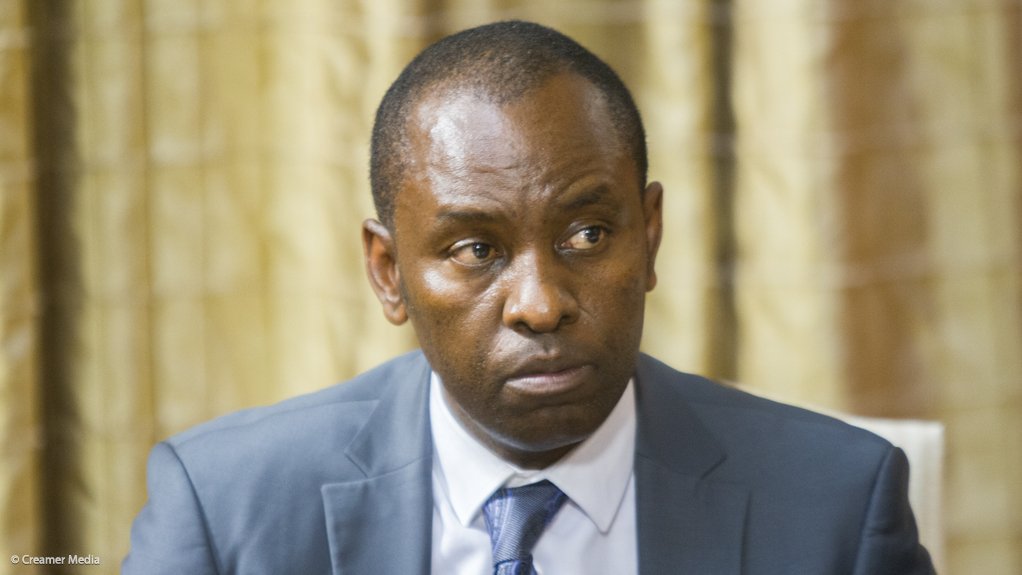JOHANNESBURG (miningweekly.com) – As government’s plans for radical economic transformation unfold, the mining sector has become the centre of that swirling debate in light of the newly gazetted reviewed and updated Mining Charter.
South Africa has been pursuing radical economic transformation as the path towards coveted inclusive economic growth, in tandem with fundamental structural and institutional change and shifting patterns of ownership, management and control, to the benefit of all South Africans, particularly the marginalised.
“It is our firm belief that the 2017 Mining Charter gives practical expression to the meaning of radical economic transformation,” Mineral Resources Minister Mosebenzi Zwane said at a Black Business Council (BBC) business roundtable, on Friday.
“The targets and timelines are clear and we believe they are realistic and achievable,” he told delegates and the media, dismissing the mining industry’s strong opposition to the framework as unfounded.
The interdict application brought by the Chamber of Mines (CoM) is set to be heard in the High Court of South Africa in mid-September.
Zwane, highlighting the key elements of the Charter, said government would continue to strengthen the laws regulating mining and mineral resources amid an environment where the majority of South Africans did not own “even a quarter” of the country’s mineral resources and there had been little meaningful economic participation and integration of black persons into the mainstream economy.
“We believe the time has arrived to ensure that we stop talking and engage ourselves in an action of transforming this industry to ensure the people of South Africa – all of them – play a meaningful role in the country’s economy.
“Until that is achieved, there will be no stability in this country. There will never be stability in a country where the majority of that country are still living in abject poverty,” he said.
Government will “consistently advance the beneficiation programme” to ensure that minerals become available, at supportive prices, to beneficiation projects in South Africa through policy and legislative instruments.
“The Charter brings about the much-sought policy certainty that the investment community and the mining industry have been requesting from government since the review of the Charter began,” Zwane argued, further insisting that stakeholders had been engaged in consultations for over a year prior to its publication.
In addition, he said the revised Charter had been supported by “most quarters of society” barring one stakeholder – the CoM – that had “voiced its opposition to the transformation of the mining industry.”
“In fact, some have said to us that 30% is not radical enough on the ownership element, why not 50% or higher?” Zwane pointed out.
“The objective to transform the structure of the South African economy from one that is dependent on raw mineral exports, towards a producer of high-value goods, through beneficiation, remains a key component of our radical economic transformation agenda,” he stated, noting that this would provide opportunities for further industrialisation, employment, technological advancement, skills development, foreign currency earnings and entrepreneurship.
EMAIL THIS ARTICLE SAVE THIS ARTICLE ARTICLE ENQUIRY
To subscribe email subscriptions@creamermedia.co.za or click here
To advertise email advertising@creamermedia.co.za or click here











